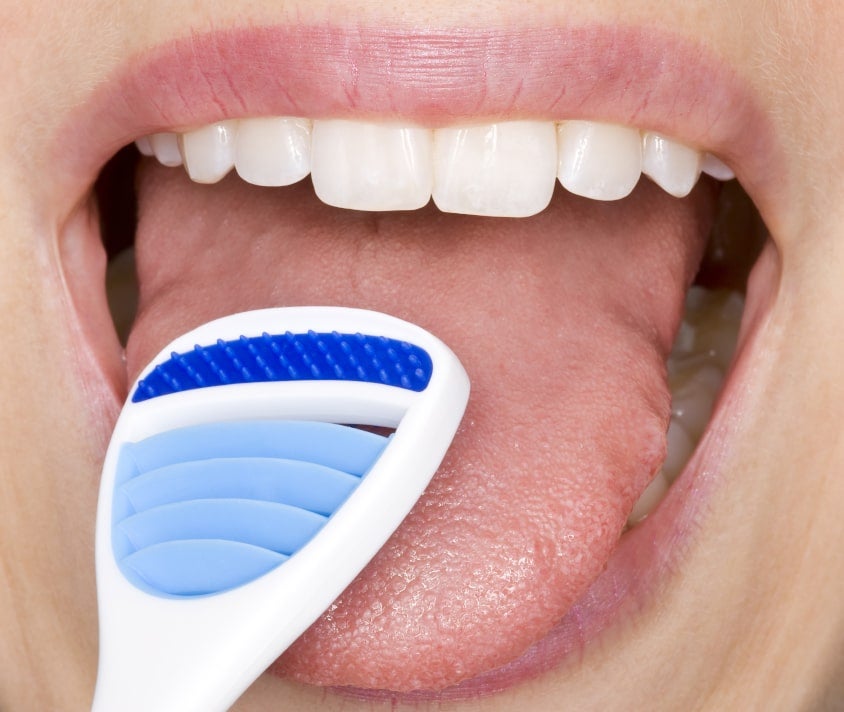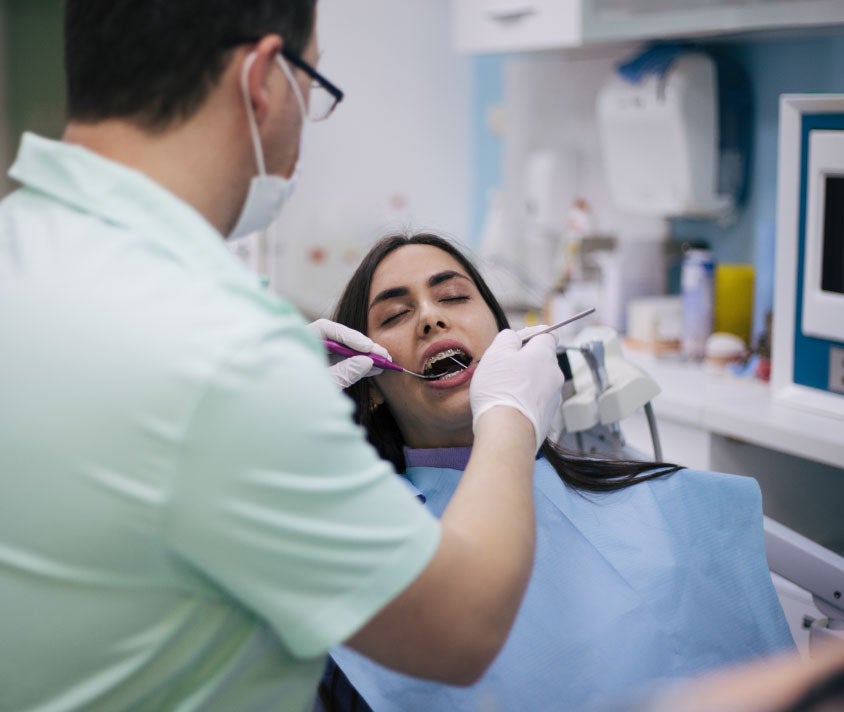This article will take you 5 minutes to read
Your oral health plays a significant role in the quality of your sleep. Dental issues, like toothaches, can interrupt restful sleep.1 Understanding the connection between sleep and oral health is essential to effectively improving both.
Understanding the Link Between Sleep and Oral Health
Sleep plays a crucial role in maintaining oral health. Beyond affecting your mental well-being, poor sleep increases your risk of developing dental issues like cavities and gum problems. When you don't get enough rest, your gums may become sensitive, making them more vulnerable to serious problems.
Sleep deprivation or lack of sleep can also lead to increased plaque buildup and dry mouth, which contribute to dental cavities. Getting proper sleep should be considered an essential part of your dental care routine. Making sure you get enough rest each night helps maintain good oral health and prevents complications in the future.2
Impact of Sleep Deprivation on Oral Health
Sleep deprivation can lead to several oral health problems that often go unnoticed, including:
- Dehydration and Dry Mouth: Poor sleep can cause dehydration and dry mouth, which increases the risk of bad breath and dental cavities.3
- Increased Risk of Gum Problems: Lack of sleep weakens the immune system, making it harder for the body to deal with health issues, including gum problems. Gum problems, if left unmanaged, can lead to gum sensitivity, discomfort, and even tooth loss.4
- Jaw Joint Issues: Jaw joint issues affect the jaw joint and surrounding muscles, causing discomfort, clicking or popping sounds, and headaches. Sleep deprivation and stress exacerbate these issues by increasing jaw tension and discomfort.5
- Teeth Grinding: Poor sleep has been linked to teeth grinding issues, which can wear down enamel and disrupt sleep.6
How Oral Health Problems Can Affect Sleep
Likewise, oral health issues can directly impact the quality of your sleep. Problems like dental cavities and gum problems cause discomfort, making it difficult to fall or stay asleep.7 Sleep apnea, often linked to oral health, is a severe sleep problem caused by airway blockages, which can arise from dental conditions or enlarged tonsils.
Teeth grinding, another common oral health issue, not only wears down teeth but also disrupts sleep patterns, emphasizing the importance of good oral health for restful sleep and a confident smile. Practicing proper oral hygiene can significantly improve sleep quality.
How Seeing a Dentist Can Help You Sleep Better
Seeing a dentist isn't just about maintaining your smile. Regular dental visits can also significantly enhance sleep quality by addressing oral health issues that impact rest.8 Dentists can help manage sleep-disrupting problems like misaligned teeth and teeth grinding through customized solutions like mouth guards. Routine check-ups allow early detection of conditions affecting sleep, making professional dental care a vital step toward better sleep.9
The relationship between sleep and oral health is a two-way street. Poor sleep can lead to dental problems, while dental issues can disturb sleep. By prioritizing both sleep quality and oral health—through good hygiene, regular dental visits, and restful sleep—you create a positive cycle that supports a healthier mouth and better sleep.
Frequently Asked Questions (FAQs)
Can improving my sleep habits enhance my oral health?
Yes, poor sleep can negatively impact your oral health, leading to gum problems. Adopting good sleep habits supports healthy teeth and gums, promoting daily consistency for better oral health.10
What can I do to improve my sleep quality and protect my teeth?
Wearing a night guard can protect your teeth from grinding and, in turn, improve sleep quality by reducing stress on the teeth.11
Should I talk to my dentist about my sleep patterns?
Yes, discussing your sleep patterns with a dentist can help identify potential issues like snoring or sleep apnea. A routine dental exam is an excellent opportunity to spot any sleep-related concerns.12



